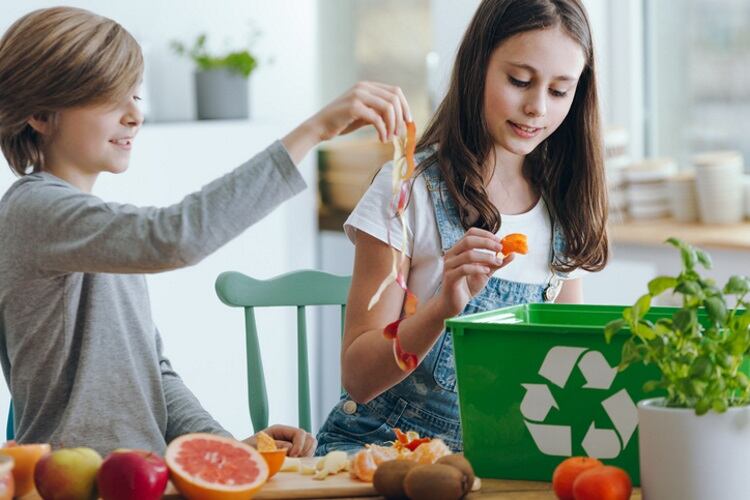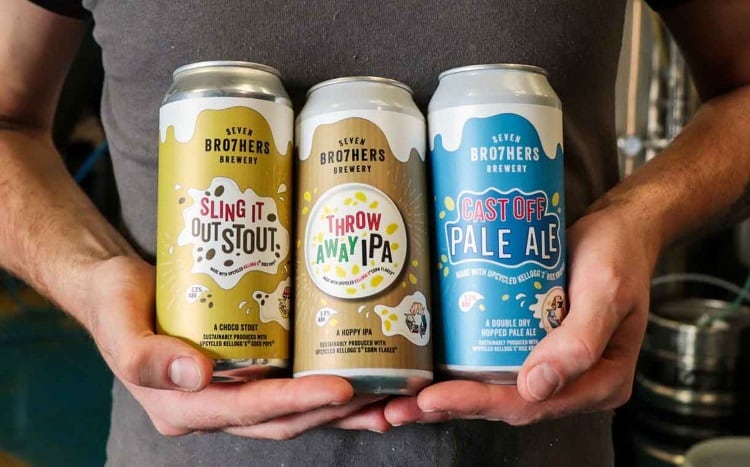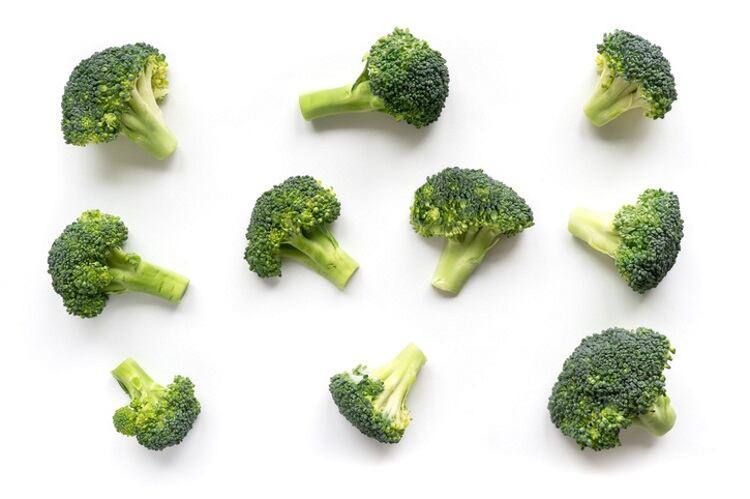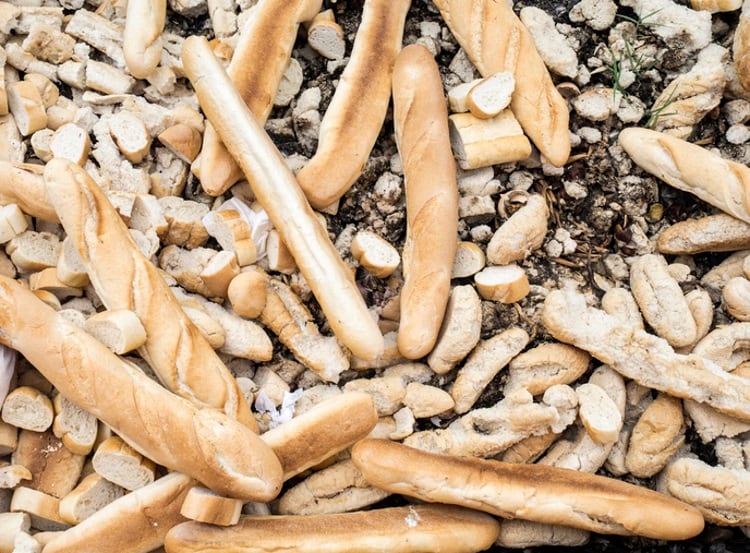In 2017, Mintel said the stigma associated with imperfect produce would begin to fade and more products would make use of ingredients that would have otherwise gone to waste.
The market researcher’s director of Innovation and Insight David Jago reconfirmed this outlook during his presentation at Snackex held in Barcelona, Spain, last week.
He noted there would be a renewed challenge by the snacks industry to repurpose food waste, classing it as one of the big three challenges in the future, along with using insects as an alternative protein source, the limitations of moves towards recyclable and compostable packaging, and snacking as a workplace hazard.
Today, over a third of all food produced globally goes to waste, valued around $1 trillion and weighing 1.3 billion tons. Conversely, nearly one billion people around the world go hungry.
If food waste was a country, it would be the third-largest emitter of greenhouse gases (after China and the US), created by methane from rotting food in landfills as well as potent greenhouse gases in growing the food.
However, according to ReFed, an organization that tracks the food waste industry, there has been a steady growth in the number of organizations developing upcycled products, the majority of which have been launched within the past five years.
Here are just a handful:
Yappah!
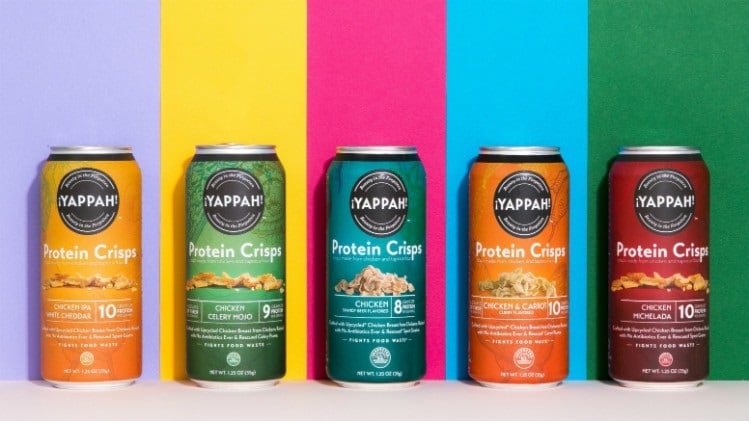
Tyson Foods has created a protein chip from ingredients that would have been discarded in the past.
Yappah! is made from chicken trim, vegetable scraps and spent grain from Molson Coors, packaged in a recycled aluminium tallboy that adds to its food waste mission.
The chips – available in flavors like Celery Mojo, Carrot Curry, IPA White Cheddar and Shandy Beer – pack 8g-10g of protein per serving.
Barnana brittle and bites
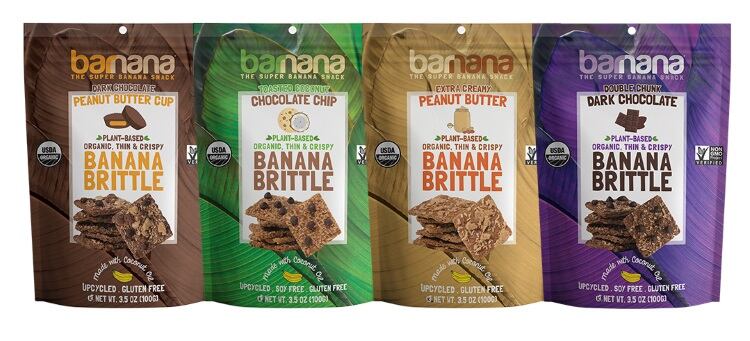
Barnana was founded in 2012 to end food waste on organic banana farms by upcycling the bananas that used to go to waste.
The company repurposes bruised, overripe and imperfect bananas that are usually left to rot on banana plantations into dehydrated banana snacks.
The Santa Monica, California-based business sells its range of products – including Banana Brittle and Organic Chewy Banana Bites – in both natural and mainstream supermarkets, and has rescued around 20 million tons of bananas to date.
Coffee flour
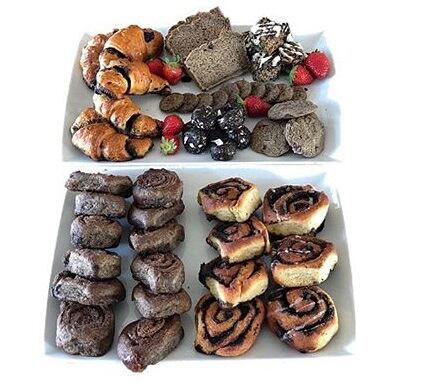
Kaffe Bueno is a Denmark-based start-up that upcycles spent coffee grounds into a flour that can be used to fortify baked goods.
The used coffee grounds – sourced from cafés and hotels in Copenhagen – undergo an innovative biotechnology process to extract the oils – which is targeted at the skincare industry – leaving behind a naturally gluten-free flour.
According to the company, the flour has a nutty, caramel, chocolatey taste and contains three times the protein per gram than almond flour, less calories than buckwheat flour, less fat than coconut flour, more fiber than wholegrain wheat flour and more potassium than a banana.
Spare fruit snacks
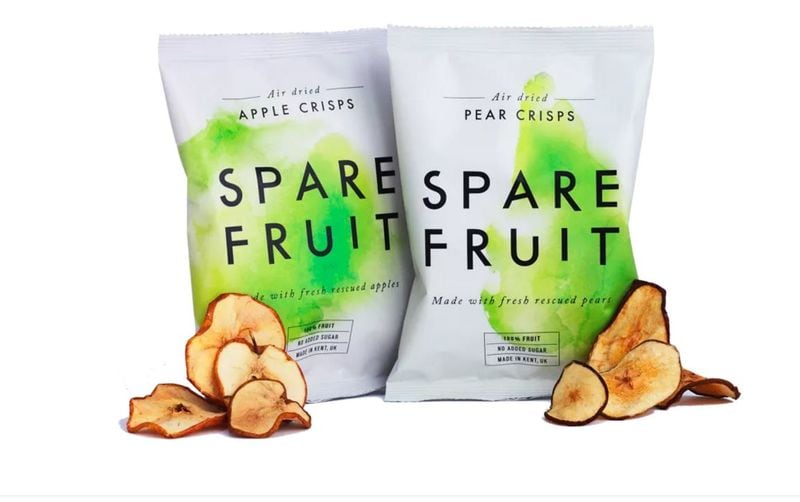
Spare Snacks is a UK-based snack brand producing organic fruit crisps made from imperfect fruit and vegetables. The produce – sourced from local farms – is rescued from typically being discarded because of their less than pleasing appearance.
The so-called ‘ugly’ produce – pear, apple and beetroot – is transformed into crispy snacks that can be enjoyed on their own or as a garnish on cereals or breakfast bowls, available online and through Sourced, Planet Organic and Ocado.
Sunflour chips and SunMeal
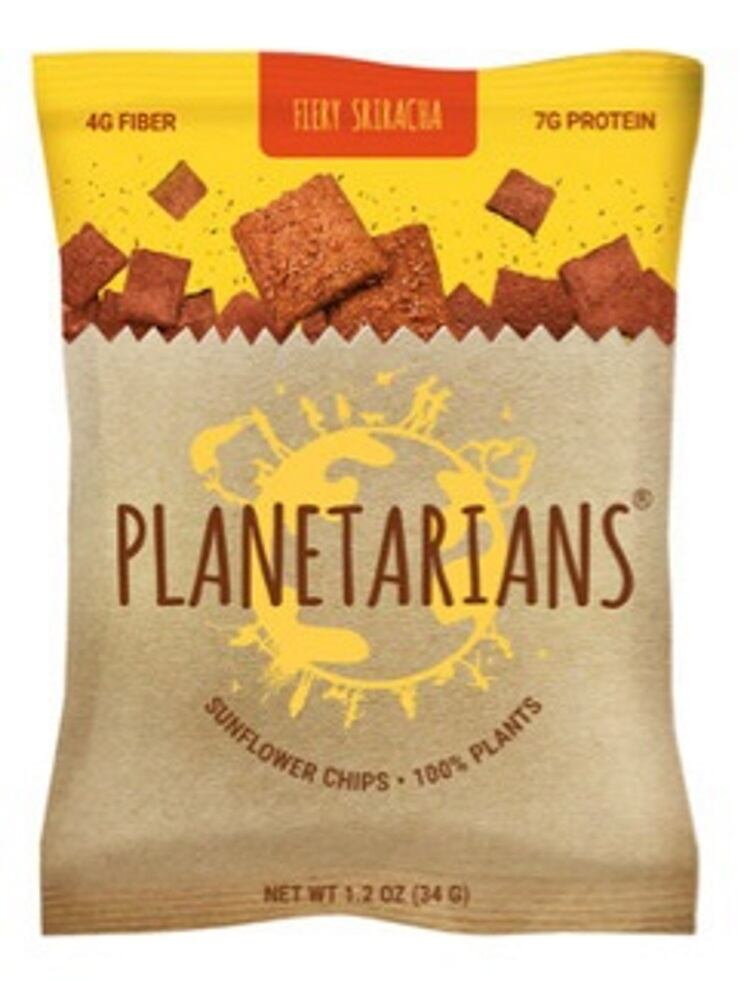
Founders Aleh Manchulianstau and Anastasia Tkacheva are tackling the challenge of feeding the world’s rapidly expanding population through snacks.
In 2016, they stumbled across defatted sunflower seeds, the dry matter left after oil extraction either discarded or used as animal feed because of its hard, woodchip-like texture. However, the ingredient has more protein than meat so the pair found a way to process the oilcake with steam, heat and pressure to puff it up and create Sunflower chips.
The company also produces SunMeal – a high protein, high fiber flour from defatted sunflower seeds suitable for use in doughs, baking mixes, pretzels, bars and pasta.
SuperGrain+ flour
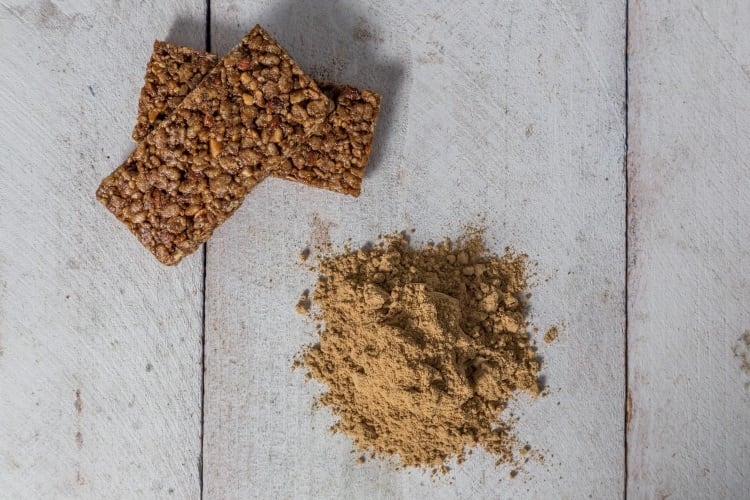
ReGrained has created a savory puffed snack from a flour it calls SuperGrain+, a nutrient dense, sustainable flour upcycled from rescued brewers’ grain and processed using ReGrained’s patented technology.
The snacks are available in five flavors: Mexican Street Corn, Urban Garden, Texas Pit BBQ, Smoked Salt and Pepper and Aged Cheddar.
The company also sells the flour to other manufacturers as ‘a versatile, economical and environmentally impactful grain blend that performs flawlessly in all commercial applications.’
Snact fruit jerky and food waste-fighting banana bars
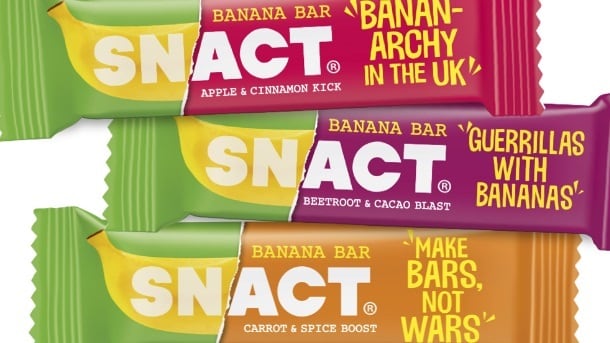
Snact is an eco-conscious producer that uses fruit that would otherwise go to waste to make snacks.
Founders Ilana Taub and Michael Minch-Dixon created their first product – fruit jerky – by hand fruit collected from wholesale markets.
In 2017, the pair added ‘food waste-fighting’ banana bars to their growing portfolio. The bars are vegan and gluten-free, contain less than 130 calories per serving, contain no artificial flavors, colors or sweeteners and are wrapped in home compostable packaging.
Okara flour
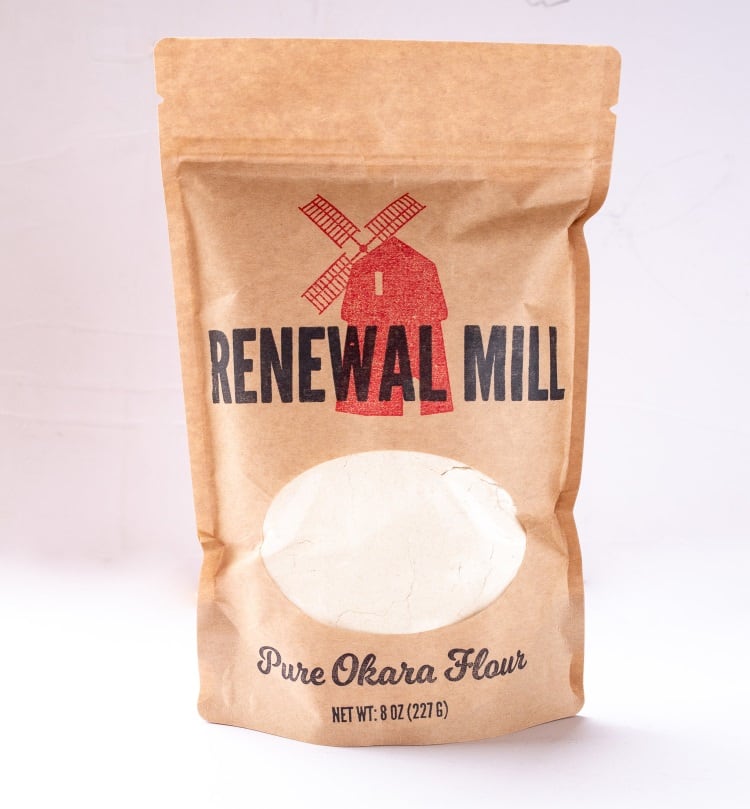
Renewal Mill is building a more sustainable food system by harvesting the byproducts of making tofu and soy milk, and upcycling them into a type of superfood flour called Okara.
According to the company, the organic, non-GMO flour helps keep your heart healthy, your muscles strong and your waist trim.
The flour has four times the fiber of whole wheat, is gluten-free, complete protein and low carb and does not affect the texture, taste or appearance of goods made with traditional wheat flour.
However, Renewal Mill has estimated that Okara flour has an environmental carbon footprint that is about 40% smaller than its wheat flour counterpart.


